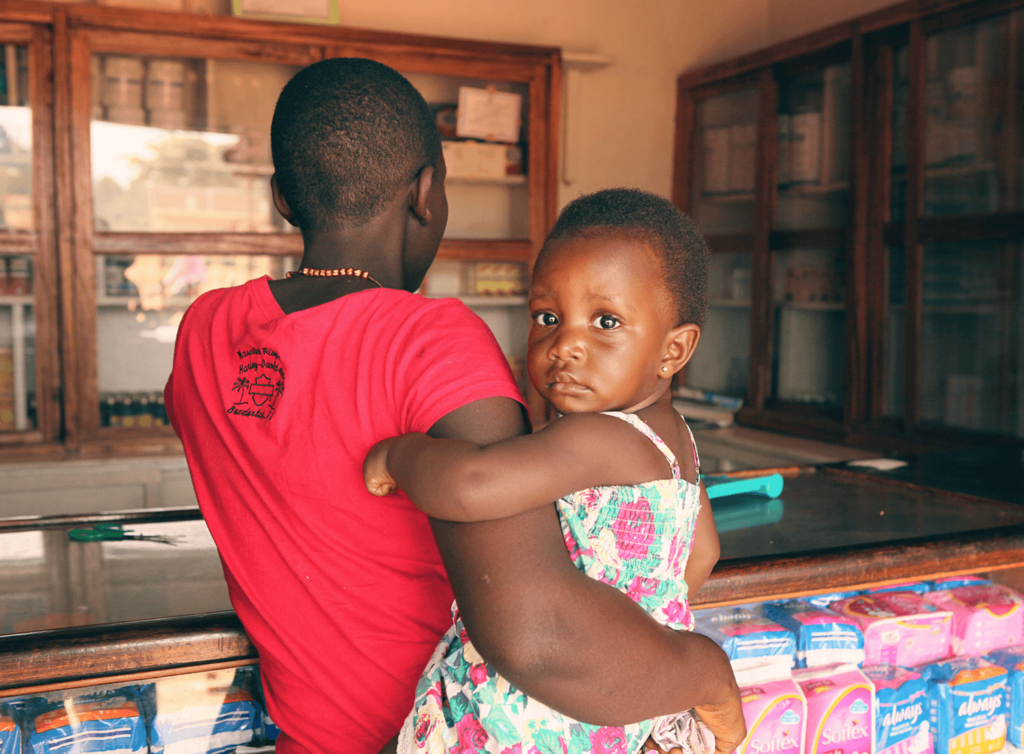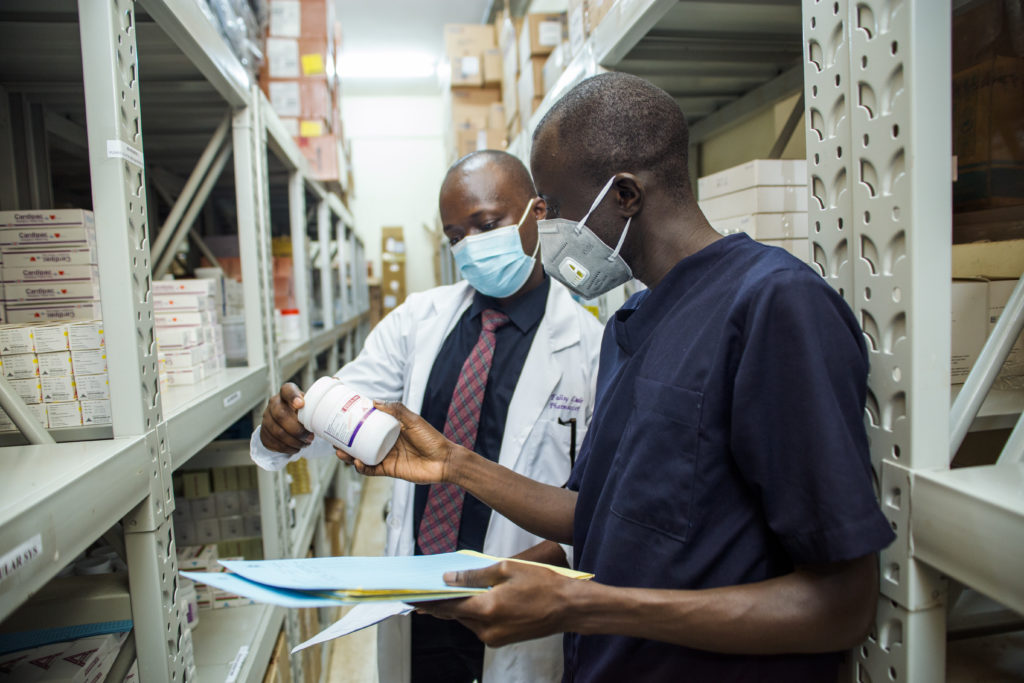Sustainable Drug Seller Initiatives
Sustainable Drug Seller Initiatives


Bringing Accredited Drug Shops to Africa and Beyond
Informal retail medicine shops are the first point of care for millions of people in low- and middle-income countries, though the medicines they sell are often of poor quality, costly, or even falsified. More than 20 years ago, MSH teamed up with the Bill & Melinda Gates Foundation to support the owners and operators of these shops, many of which are women-owned, in accrediting, regulating, and expanding their businesses. Starting in Tanzania—and now in Bangladesh, Liberia, Nigeria, Uganda, and Zambia—these shops are improving the quality and availability of medicines, the community’s use of those medicines, and referrals to health clinics.
Overview
With four consecutive grants from the Bill & Melinda Gates Foundation over the period of 2000 to 2019, we demonstrated how private-sector drug sellers can help ensure access to essential medicines for resource-limited, underserved, and remote populations.
The Strategies for Enhancing Access to Medicines (SEAM) program (2000–2005) provided proof of concept in Tanzania’s Ruvuma region for a new point of access for pharmaceutical products and services—accredited drug dispensing outlets (ADDOs). The second grant, the East African Drug Seller Initiative (2007–2011), picked up where SEAM left off by demonstrating scalability (in Tanzania) and replicability (in Uganda) of the ADDO model. The third grant, Sustainable Drug Seller Initiatives (2011– 2014), focused on the maintenance and sustainability of accredited drug shops and the adaptation and implementation of the model in a fragile state (Liberia). The fourth grant, Launch Drug Seller Initiatives (2015–2019), facilitated adaptation and scale-up of accredited drug seller initiatives in Africa, with activities in Nigeria and Zambia in addition to Liberia, Tanzania, and Uganda. In addition, with funding from the Foreign, Commonwealth & Development Office (FCDO) of the UK Government and the US Agency for International Development (USAID), we have been working with the government of Bangladesh to develop standards for retail drug outlets as well as a pharmacy and drug shop accreditation implementation plan.
Our work in these countries has contributed to significantly expanded access to medicines and health supplies, and solidified the concept that strengthening the quality of pharmaceutical products and services provided by private-sector drug sellers is feasible, effective, and sustainable in multiple, diverse settings.
To learn more, visit http://www.drugsellerinitiatives.org/, an online resource for countries and partners interested in developing their own initiatives.
Accredited Drug Seller Initiatives Publication Compendium: 2009–2017
Retail Drug Outlets: Developing their Potential to Improve Public Health in a Growing Number of Countries
Donors & Partners
Donors
Bill & Melinda Gates Foundation
Foreign, Commonwealth & Development Office (FCDO) of the UK Government